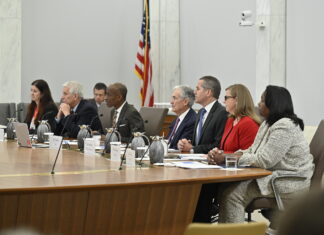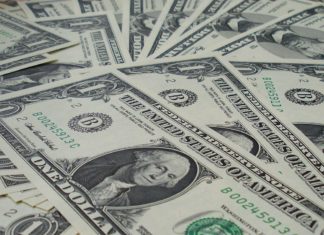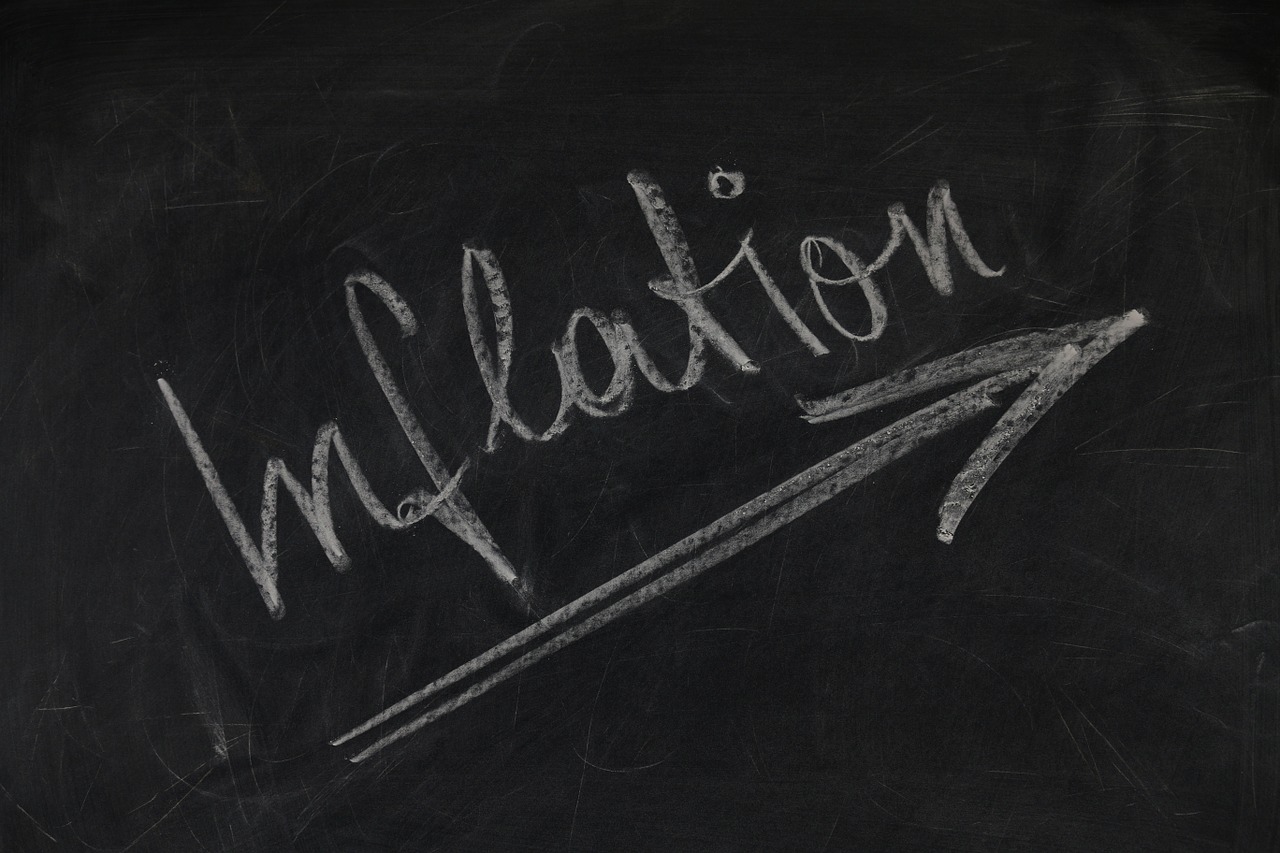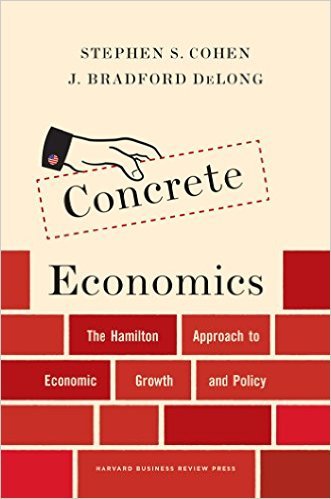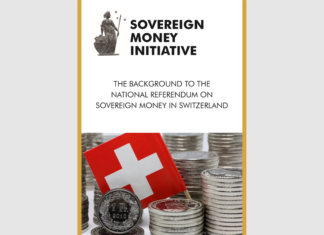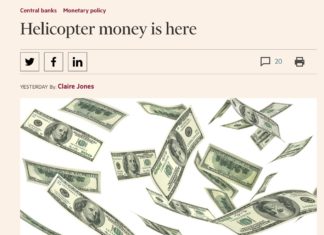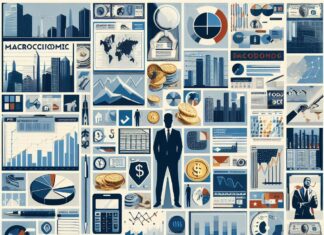Measuring Federal Reserve officials’ secret disagreement behind locked doors of FOMC meetings
Dissent votes in Federal Reserve policy meetings are rare, accounting for only 6.37% of the votes between 1976 and 2017. However, opting not to vote against the FOMC consensus doesn't necessarily mean committee members don't "disagree" with it.
What is FTPL (Fiscal Theory of Price Level)?
The Fiscal Theory of the Price Level says that money has value because the government accepts it for taxes, and inflation is fundamentally a fiscal phenomenon
FedSpeak Might Not Have Much Effects on Public’s Inflation Expectation
In a recent NBER working paper "Monetary Policy Communications and their Effects on Household Inflation Expectations", economists Olivier Coibion, Yuriy Gorodnichenko and Michael Weber tried to find out how the household's expectation for inflation change with regard to the information they received.
“Concrete Economics” Review
Prof. Brad Delong's blogs, either "bradford-delong.com" or over at " Equitable Growth" , are definitely two of the most influential economics blogs in the...
What is the Saturated Level of Reserves?
The Saturated Level of Reserves or efficient level of reserves, is the point which the opportunity cost for banks to hold reserves disappears, and became indifferent towards holding more reserves. The reserve demand curve beyond this point becomes close to horizontal.
100% Reserve System is coming? – The Swiss Sovereign Money Referendum
The Swiss sovereign-money referendum, also known as the Sovereign-Money Initiative, which aims to creates a safe and crisis-free, yet experimental, banking system in Switzerland will be held on 10th June.
Helicopter Money is here in Hong Kong? Well…
“The money helicopter has arrived,” Claire Jones writes in her FT Alphaville post, citing Hong Kong Finance Secretary’s announcement of a handout of HKD...
Why Negative Rate is a better policy tool to Higher Inflation Target? Bernanke Explains…
In his latest Brookings blog post "Modifying the Fed’s policy framework: Does a higher inflation target beat negative interest rates?", Ben Bernanke compares two...
What Macroeconomists agree with each others, according to Blanchard
Olivier Blanchard a list of things that macroeconomists normally agreed on and need no further discussions.
Where are the endpoints of QT? Ample Reserve System vs Demand-driven Floor System
Quantitative tightening (QT)—a process central banks use to reverse years of liquidity creation from quantitative easing (QE)—is concluding in many advanced economies. The central banks are growing confident that reserve levels in their financial systems are nearing their endpoints.
Where are the endpoints of QT and what come next?


